
What is an Intensive Outpatient Program?
Intensive outpatient, or IOP, is a step-down program for clients who have either completed Partial hospitalization treatment or do not require drug/alcohol detox. Designed for clients who are not at medical risk, IOP serves as a smooth transition from an intensive, full-time program back into the real world.
We offer clients in IOP between 9 and 19 hours of treatment per week. This enables our clients to maintain their jobs, be with their families, and fulfill responsibilities as much as possible. The length of the treatment depends on the client’s personal needs and the treatment track they are given.
Within the intensive outpatient program, clients continue with individual and group therapy sessions conducted by a counselor. The aim of an IOP is to treat the lingering effects of addiction, while building the healthy pathways to permanent recovery.
We may also offer support – in the form of life skills coaching, employment assistance, and resume (CV) building – to prepare graduates for a sober life in the real world.
The aim of IOP is to treat the lingering effects of addiction
There’s a delicate balance that must be met during the removal of the addictive process. It lives in the time and space needed to take the principles of initial treatment and apply them to everyday life, without causing disruption to recovery. Intensive Outpatient (IOP) is the answer.
How the Intensive Outpatient Program Works
How the Intensive Outpatient Program Works
Clients entering our intensive outpatient program first meet with an admissions counselor who provides guidance and assists clients with answers to any question they might have.
Next comes a clinical assessment and treatment planning. The individual assessment is conducted by a clinician and is designed to determine if the client is suitable for IOP treatment.
Once the clinician completes the assessment, the client meets with a counselor for a psycho-social assessment. This evaluation enables the counselor to establish goals in collaboration with the client as well as to develop a personalized treatment plan.
After the treatment plan and goals are set, the client meets with their assigned psychiatrist for the initial psychiatric evaluation. The psychiatrist will see the client as needed throughout the course of treatment for medication management.
During the intensive outpatient program, clients will spend individual time with a therapist to overcome any other issues they face. The therapy focuses on whole-person recovery, treating substance abuse addiction as well as mental health impacts.

- Individual therapy
- Group therapy
- Coping skill development for addiction
- Relapse prevention
- Stress management
- Nurturing healthy relationships with loved ones
Our intensive outpatient program includes:
Along with individual therapy, our IOP also offers group therapy sessions. In these groups, patients can express their addiction struggles with people who share the same struggles. Clients learn from other people’s experiences, in fact, it’s what makes treatment so successful. Also, by bonding and sharing, clients can walk the path to recovery together.

Who is IOP designed for?
Our intensive outpatient program is intended for clients who have completed our partial hospitalization program. It is a form of follow-up treatment that involves a flexible amount of time spent at our facility – from nine to 19 hours per week.
The flexibility of the IOP makes it an ideal option for clients who need a treatment program that involves minimal time commitment in their schedules. Clients do not live onsite for the duration of the program. Thus, they may continue to go to work or school while still receiving treatment for their addiction.
Those who are employed and may not have the ability to take a leave of absence for 30-day treatment will find that our IOP is the perfect choice. Furthermore, the program allows for maximum convenience for everyone, as groups take place during both the morning and evening hours.
However, clients who choose not to reside at a sober living facility must ensure they have a strong support system. Be it at home, work, school, or in the community, it is critical that the client’s environment is safe and stable enough for them to return during and after the IOP.
A good candidate for IOP has:
- Finished an inpatient or partial hospitalization program
- Acquired solid coping skills
- Willingness to participate in a treatment plan
- A strong support system at home or in the community
Benefits Of Intensive Outpatient Treatment
IOP serves as a smooth transition from an inpatient or partial hospitalization program
Individual and group therapy sessions conducted by a qualified addiction professional
Nine to 19 hours of treatment per week, based on the client’s personal needs
Life skills coaching, employment assistance, and resume (CV) building
Flexible schedules that allow clients to maintain their jobs, be with their families, and fulfill responsibilities
Relapse prevention, stress management, and nurturing healthy relationships with loved ones
Our counselors develop goals with the client and create a personalized treatment plan
We are committed to your privacy and work with discretion
Continued Path To Recovery
Once enrolling in our intensive outpatient program, clients are expected to be committed to remaining focused on sobriety. They receive our full support and medical assistance every step of the way. Each day, our clients will progress until they are ready to step down to a greater level of independence with our outpatient program.
This next phase of care consists of one to three hours of treatment per week, ensuring clients are following up with all aftercare recommendations. The outpatient program offers clients more freedom and empowerment to apply the skills acquired in therapy and to transition well back into the community.
Frequently Asked Questions
Entering into the world of drug or alcohol rehab can be overwhelming. Take a deep breath, and welcome many new truths
If you’re considering addiction treatment or know someone who needs help, review our most frequently asked questions to find the answers that inform and provide essential peace of mind.
Do you support AA, NA, and similar 12-step programs?
Yes, our program is 12-step friendly; through incorporation and exposure to the philosophies of 12-step programs, our clients have access to Alcoholics Anonymous, Narcotics Anonymous, and Celebrate Recovery meetings.
Do you treat dual diagnosis?
Yes, through psychiatric evaluation and assessment you will be treated by highly qualified addiction clinicians and with a collegial, team approach.
Do you treat trauma?
Yes, through many different modalities. Our clinicians address the physical and mental symptoms of trauma in individual sessions via traditional psychotherapy. We also offer psychopharmacology treatment for trauma.
Does your program treat meth addiction?
Yes, we treat meth addiction as well as any and all substances that can ben abused or cause dependency.
Our Happy Clients
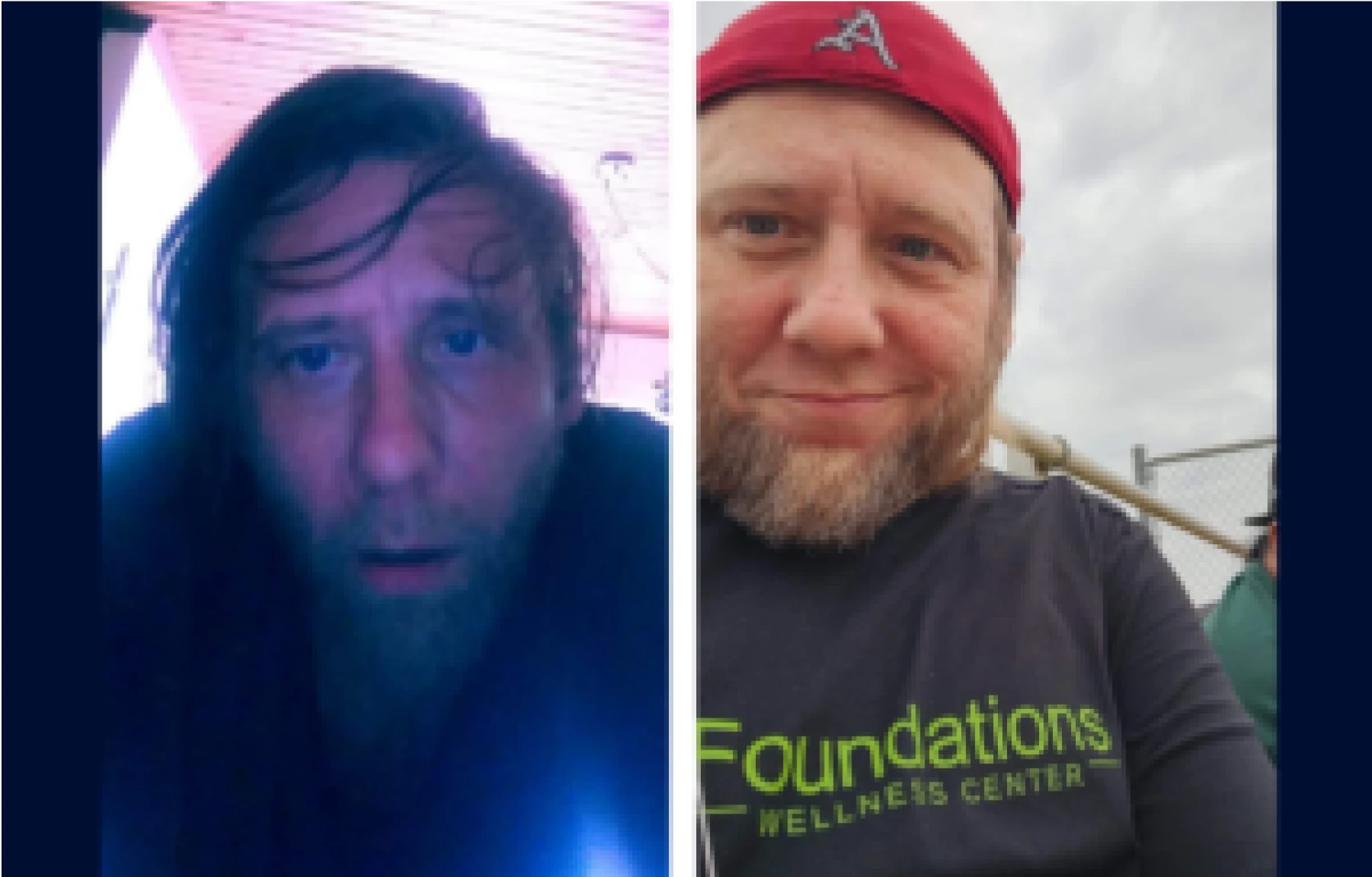
“So instead of my story starting at birth (which is a horrendous story in itself!), I’m going to start where my addiction really started, which was 2006 while I was working as a nurse. I had very recently gotten a divorce and had untreated mental health issues. I began using meth to self-medicate because I felt so down…
Articles
-

Risks of Benzodiazepine Use: What to Know
Benzodiazepines, sometimes called “benzos,” are prescription medications that depress the..
-

Medication Assisted Treatment
Addiction is a chronic brain disease characterized by an intense..
-

What Are Adult Children of Alcoholics (ACOAs)?
Adult Children of Alcoholics, or ACOAs for short, are people..
Accreditations
& Certifications
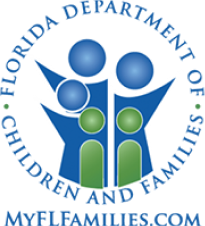
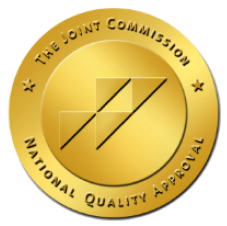
We Accept Most Major Insurances and Private Pay Options are Available.
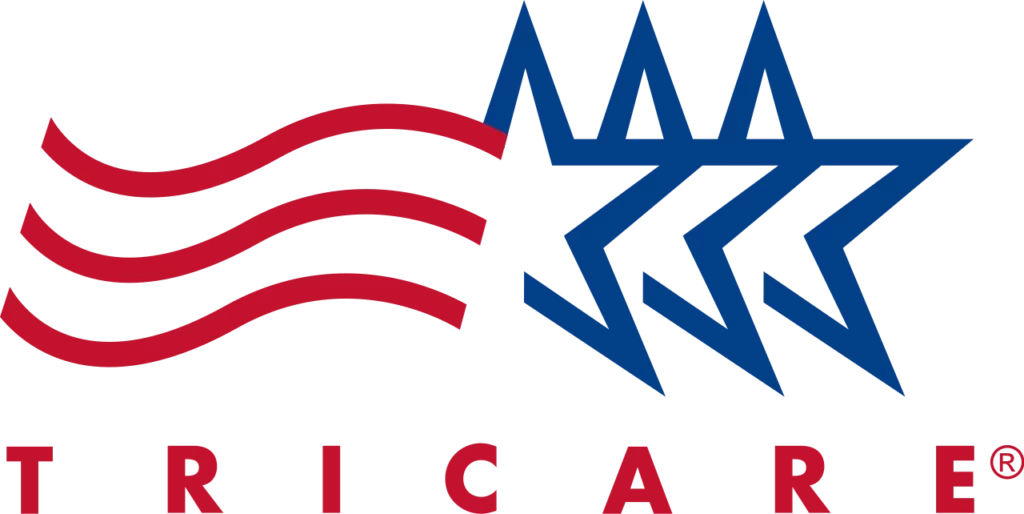
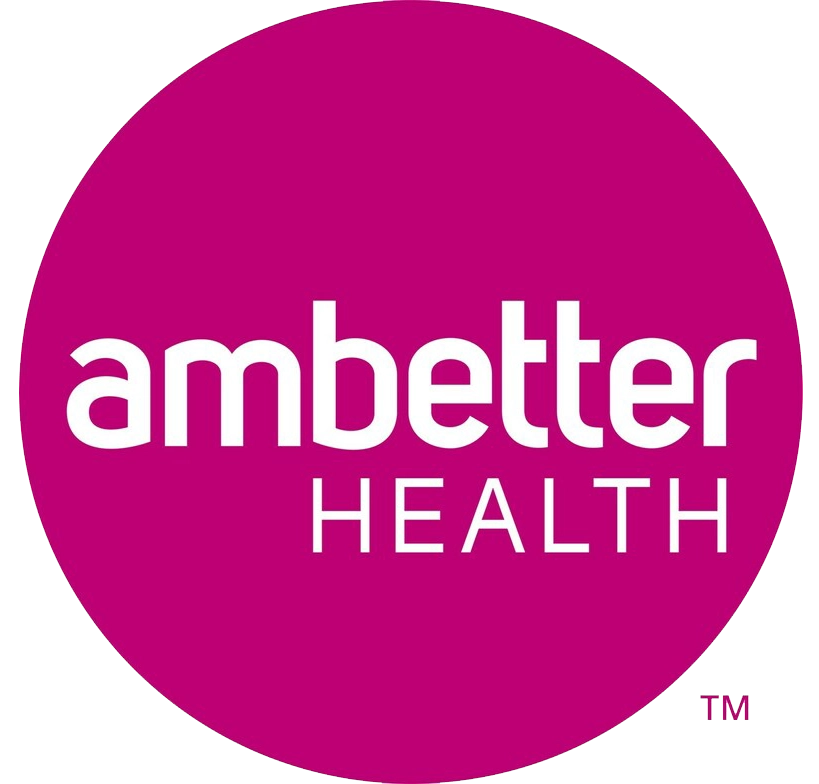

If you do not see your insurance carrier below, please contact us to verify your benefits with an admissions specialist.

